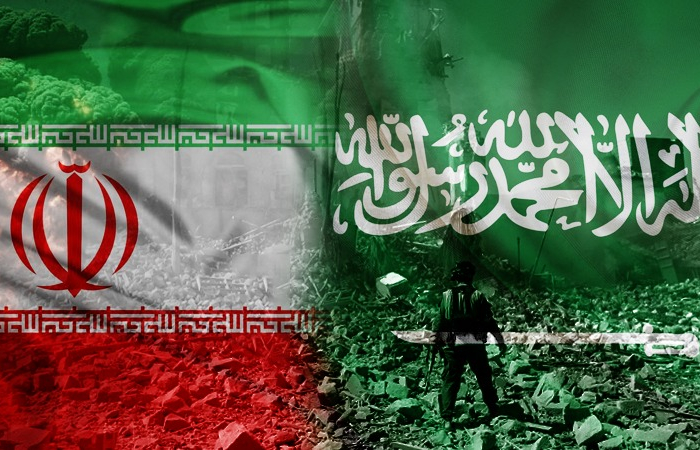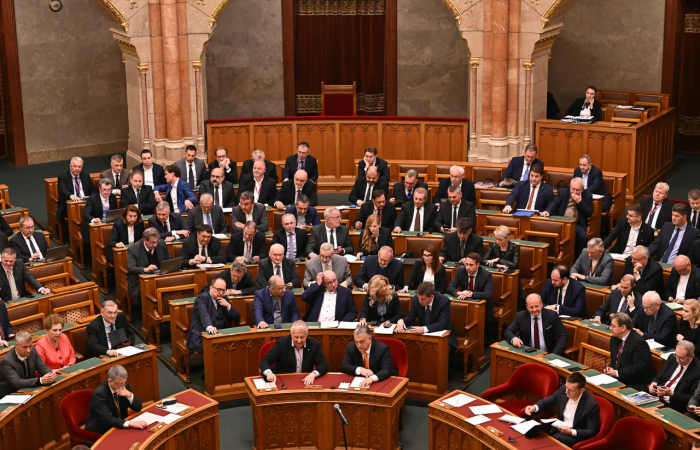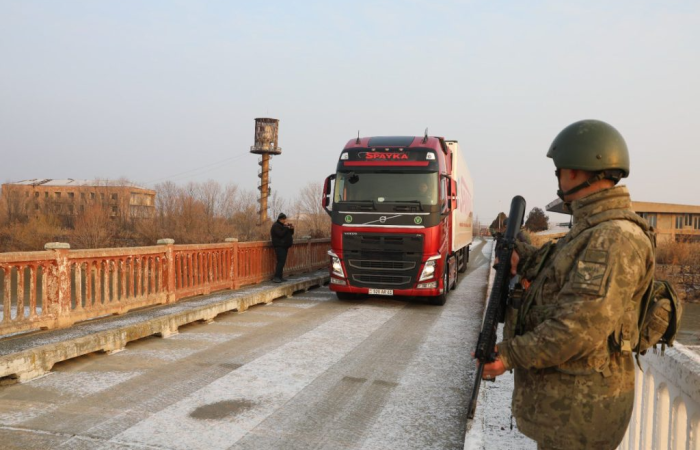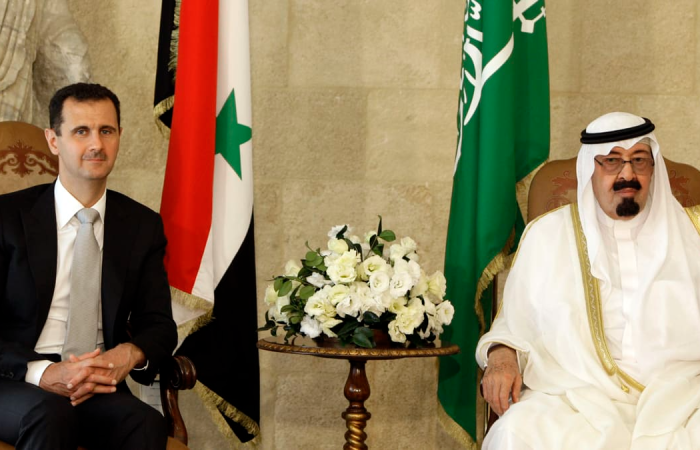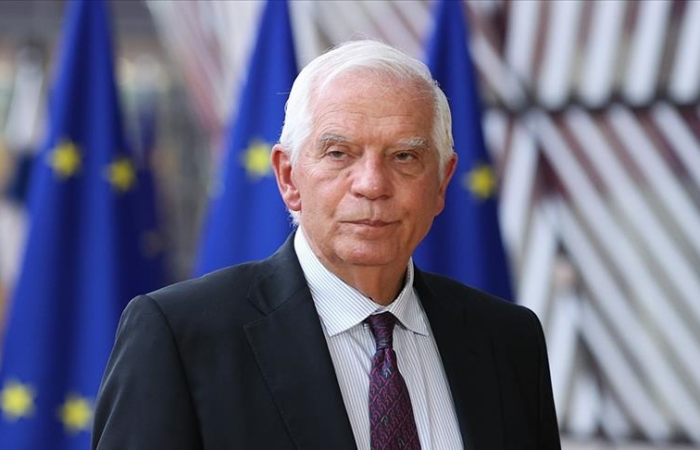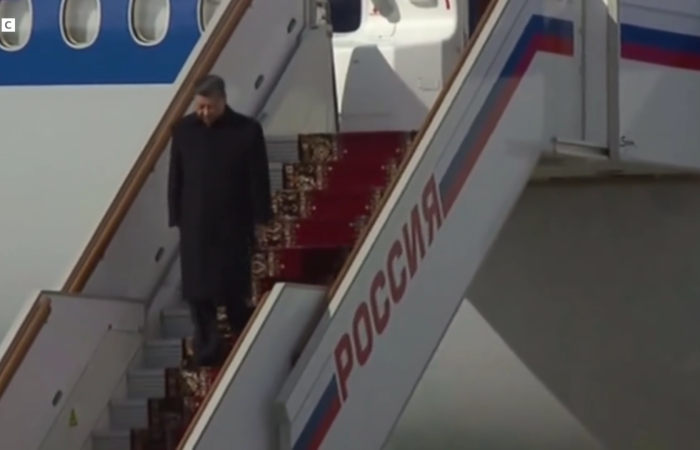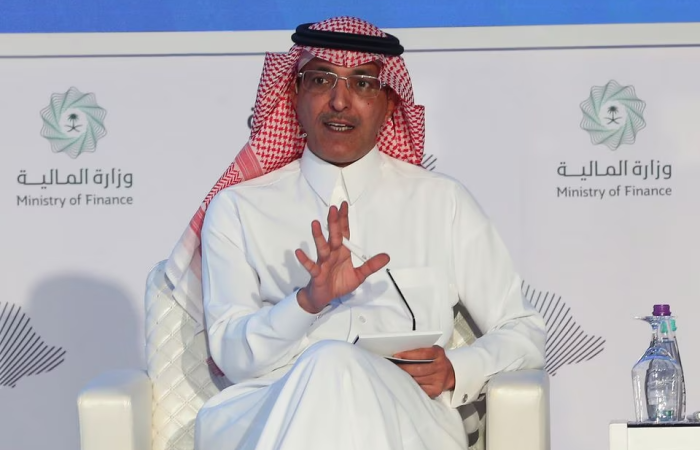Trending
Opinion: Russian withdrawal from Karabakh allows Azerbaijan to strengthen its ties with its Turkic "family"
28 April 2024
The geopolitics of the South Caucasus is as unpredictable as ever. Even as recently as the beginning of April, few, if any, would have imagined that Russia may withdraw its peacekeeping contingent from the Karabakh region of Azerbaijan anytime soon. Many observers were even skeptical about the possibility of their withdrawal in November 2025 – the date which was stipulated in the November 2020 trilateral statement as the potential but not fixed date for the ending of the peacekeeping mission of Russia. This skepticism was grounded in the understanding that for Russia, Karabakh holds paramount importance in the broader context of the South Caucasus. In the wake of Russia’s unexpected withdrawal of its peacekeeping mission from the Karabakh region, the South Caucasus enters a new geopolitical dynamic. This historic development not only signifies Azerbaijan's attainment of complete sovereignty over its territories but also heralds the definitive end of the Karabakh conflict. President Ilham Aliyev's adept diplomatic maneuvers have secured Azerbaijan's territorial integrity and positioned Baku as a confident actor on the regional stage. The withdrawal of Russian peacekeepers marks a pivotal moment, shaping the future landscape of Azerbaijan-Russia relations and regional geopolitics. As Azerbaijan charts its course forward, its commitment to regional integration remains, however, steadfast, with a focus on strengthening ties within the Turkic world.






